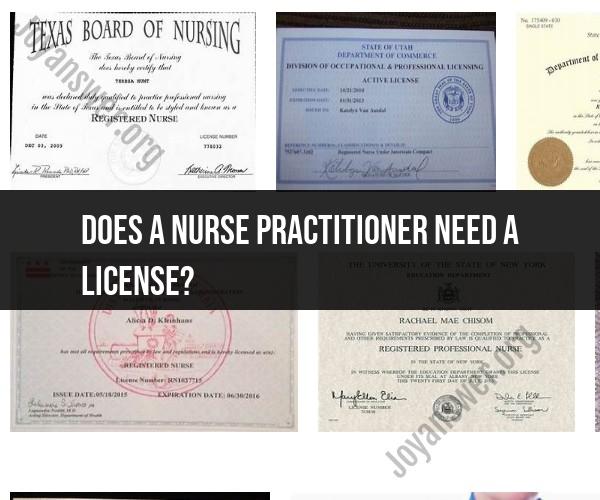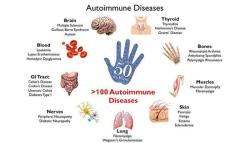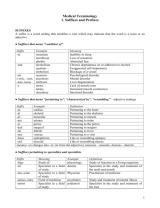Does a nurse practitioner need a license?
Yes, nurse practitioners (NPs) in the United States typically need a license to practice. Licensing requirements for nurse practitioners are regulated at the state level, and they may vary from one state to another. Here are the general steps and requirements for obtaining a nurse practitioner license:
Earn a Bachelor of Science in Nursing (BSN) Degree: To become an NP, you'll need to start by earning a BSN degree from an accredited nursing program. This typically takes about four years.
Obtain an RN License: After completing your BSN degree, you'll need to pass the NCLEX-RN (National Council Licensure Examination for Registered Nurses) to become a licensed registered nurse (RN).
Gain Clinical Experience: Many states require RNs to have some years of clinical experience before becoming NPs. The amount of required experience varies by state.
Complete a Master's or Doctoral Program: Nurse practitioners typically need to earn a master's degree in nursing (MSN) or a doctoral degree (DNP or PhD) in nursing from an accredited program. These programs usually take two to four years to complete.
Pass National Certification Exam: After completing your advanced degree, you'll need to pass a national certification exam in your chosen nurse practitioner specialty. For example, if you want to become a family nurse practitioner (FNP), you would take the FNP certification exam from an accredited certifying body like the American Nurses Credentialing Center (ANCC) or the American Academy of Nurse Practitioners Certification Board (AANPCB).
Apply for State Licensure: Once you've obtained national certification, you'll need to apply for state licensure as an NP in the state where you plan to practice. Requirements for state licensure vary but typically include submitting an application, paying fees, and meeting specific educational and clinical practice requirements.
Maintain Certification and Licensure: To keep your NP license current, you'll need to meet continuing education requirements and periodically renew your license as mandated by your state's board of nursing.
It's important to note that nurse practitioners can choose from various specialties, such as family practice, pediatrics, adult-gerontology, and more. Each specialty may have its own certification and licensing requirements, so it's essential to research the specific requirements for your chosen specialty and state of practice.
Additionally, please be aware that licensing requirements and regulations can change over time, so it's advisable to consult your state's board of nursing or a nursing regulatory authority for the most current information and guidance on becoming a licensed nurse practitioner in your area.
Nurse Practitioner Licensing Requirements: What You Need to Know
Nurse practitioner (NP) licensing requirements vary from state to state, but there are some general requirements that are common to most states.
To be eligible for NP licensure, you must:
- Hold a valid registered nurse (RN) license.
- Complete a master's degree or doctoral degree in nursing from an accredited program.
- Pass a national NP certification exam.
Some states may have additional requirements, such as completing a certain number of clinical hours or passing a state-specific exam.
Obtaining a License as a Nurse Practitioner: Steps and Regulations
To obtain a license as a nurse practitioner, you will need to follow these steps:
- Meet the eligibility requirements. Make sure that you meet all of the eligibility requirements for NP licensure in your state.
- Apply for licensure. Contact the state board of nursing in your state to obtain a licensure application.
- Submit the required documentation. This may include your RN license, a copy of your degree transcript, and a passing score on the national NP certification exam.
- Pay the application fee. Each state has its own application fee.
- Await processing. Once you have submitted your application and all of the required documentation, the state board of nursing will review your application and process your license.
The processing time for NP licensure applications can vary from state to state. It is important to check with the state board of nursing in your state to find out the current processing time.
Licensing Essentials for Nurse Practitioners
Once you have obtained your NP license, you will need to maintain your license in good standing. This typically involves meeting certain continuing education requirements and renewing your license on a regular basis.
It is also important to note that NP licensure requirements can change over time. It is important to stay informed about the latest NP licensure requirements in your state.
Here are some additional tips for obtaining and maintaining NP licensure:
- Start planning early. The process of becoming an NP can take several years, so it is important to start planning early.
- Choose an accredited program. Make sure that the NP program you choose is accredited by a recognized accrediting agency.
- Prepare for the certification exam. The national NP certification exam is a challenging exam, so it is important to prepare carefully.
- Stay up-to-date on the latest requirements. NP licensure requirements can change over time, so it is important to stay informed about the latest requirements in your state.
If you have any questions about NP licensure, be sure to contact the state board of nursing in your state.












